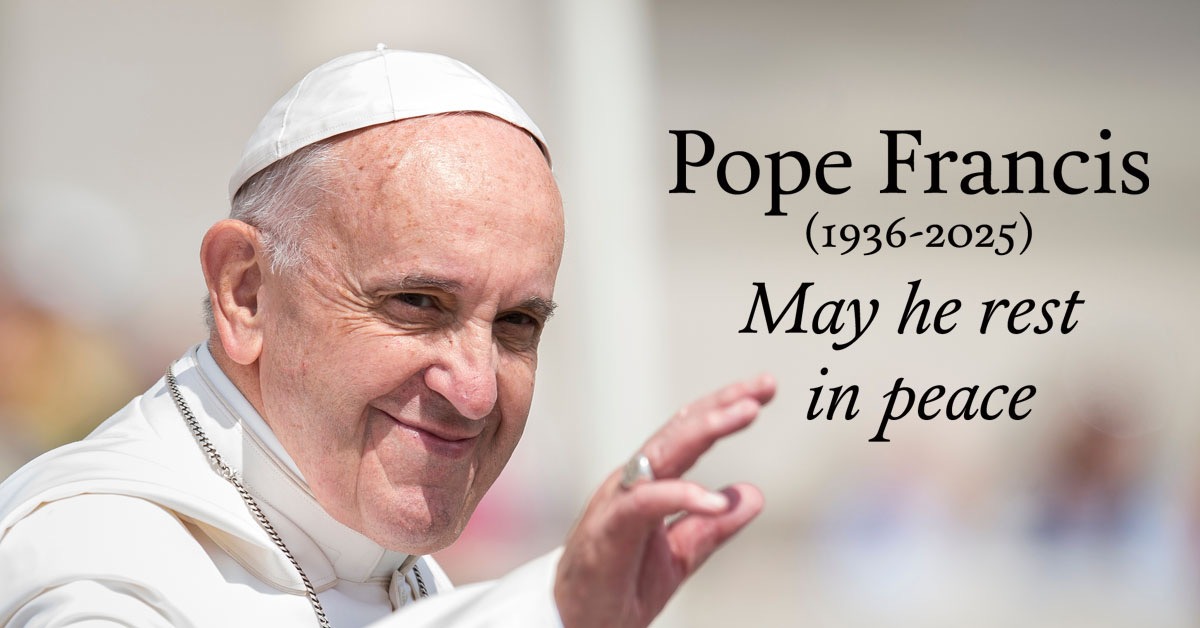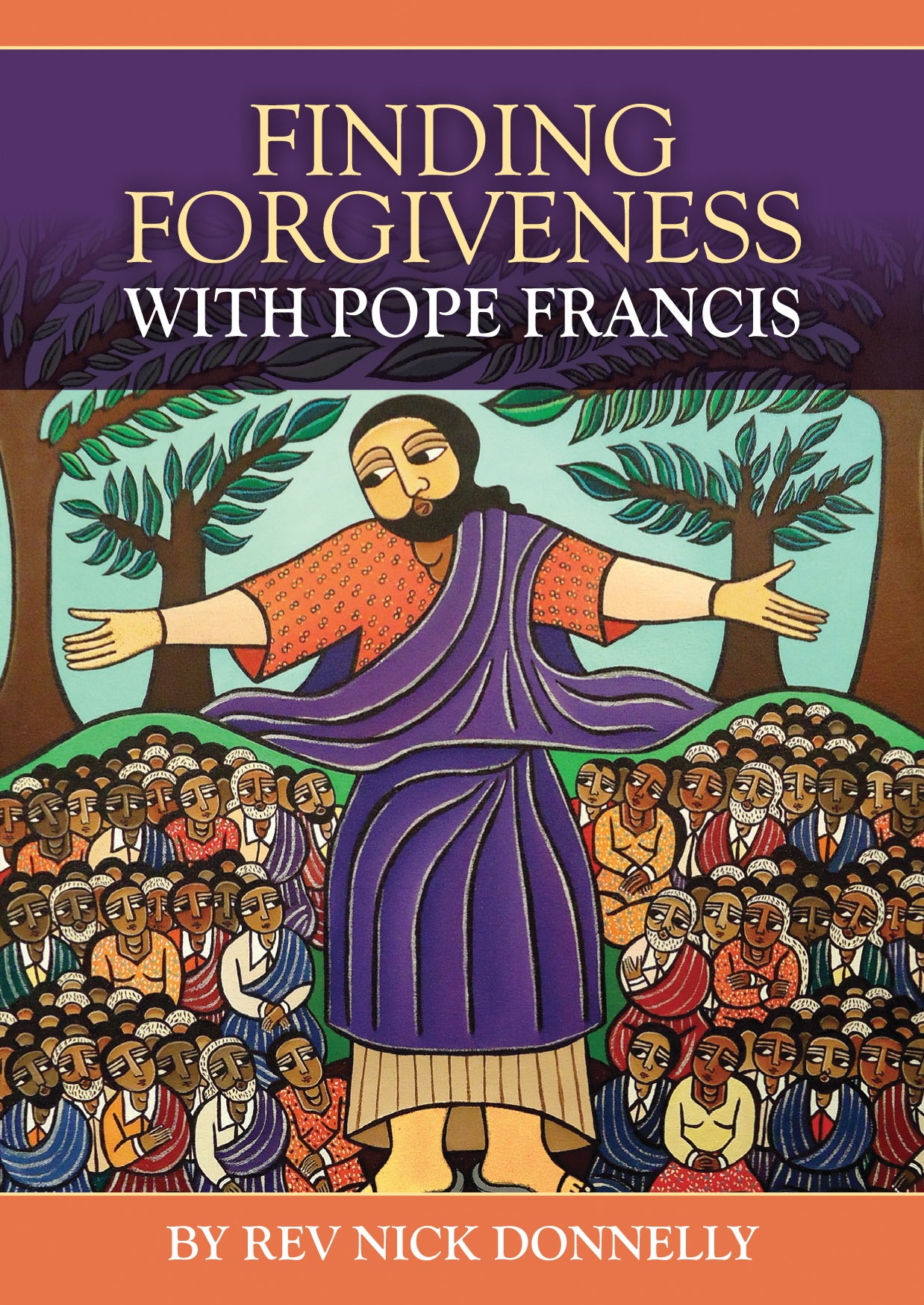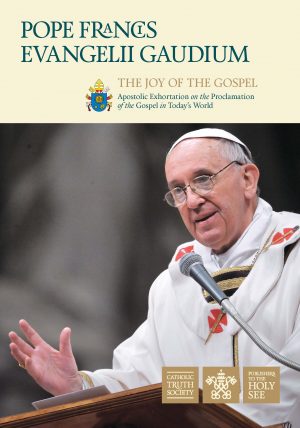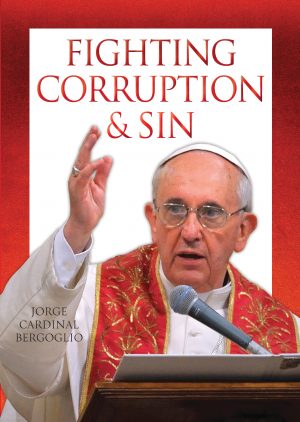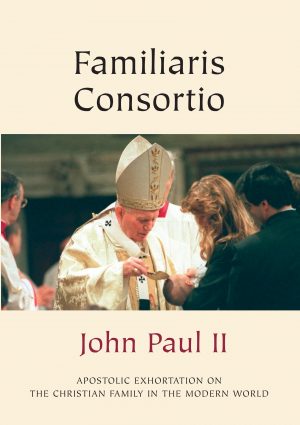Description
What can Pope Francis’ personal experience of God’s forgiveness teach us? Through his characteristically straight-talking language, we discover Pope Francis’ approach to forgiveness: God’s infinite love for us and our love for others through our forgiveness of them. The author advises us to take a number of honest and practical steps to enrich our lives and our relationship with God by meditating on God’s mercy. He examines how the Church treats sin and sinners, and provides Pope Francis’ guide to making a good confession. With a foreword by Bishop Patrick O’Donoghue.
